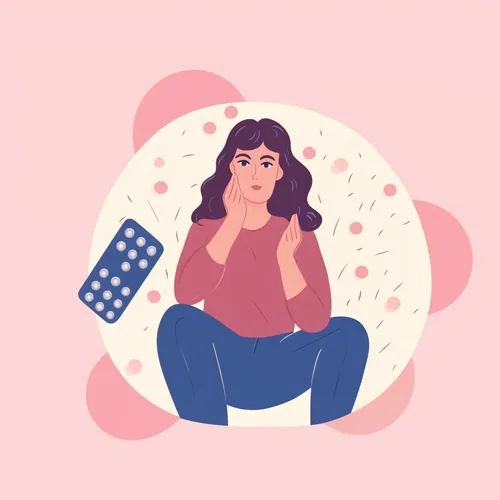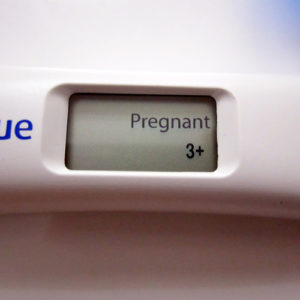Does Long-Term Pill Use Affect Fertility?
The contraceptive pill is taken by millions of women. But does being on it for many years affect your chances of getting pregnant when you stop taking it?
There’s no strong evidence that long-term pill use impairs fertility. Women who’ve used hormonal contraceptives have the same likelihood of conceiving as those who haven’t.
Some women face trouble trying to conceive after stopping the pill, especially in their mid to late 30s onwards. They often blame the pill, but age is the more likely reason. Natural fertility decline typically begins from 35.
How the Pill Works
The pill uses synthetic hormones to prevent pregnancy. It stops ovulation, thickens cervical mucus to block sperm, and thins the womb lining to prevent embryo implantation. Different brands contain varied hormone doses and types.
While on the pill, regular hormone levels override your natural menstrual cycle. This stops eggs maturing and being released. When you stop taking it, normal ovulation resumes within a few months for most women.
Some women worry pill hormones could build up and affect fertility after long-term use. But studies don’t show past use impacts ovulation once you stop taking it.
The pill can sometimes mask conditions like PCOS by controlling cycles. These only become clear when stopping, but the pill didn’t cause them.
After stopping, it takes 3-6 months for normal ovulation to resume. Let your body adjust and don’t worry if periods don’t instantly return during this window. See your doctor if still no period after 6 months.
If trying for a year with no pregnancy, get medical advice to identify potential causes. In most couples, a reason like blocked tubes or low sperm count is found. Correct diagnosis means proper treatment, so don’t presume it’s the pill without exploring other options.
Healthy Habits
While trying to conceive, be sure to maintain healthy habits. Stop smoking and cut down alcohol, as both can affect fertility. Take folic acid supplements to help prevent neural tube defects. Being overweight or underweight can also impact conception, so aim for a BMI in the healthy range if possible. Consider avoiding stressful situations, and ensure you’re getting adequate sleep.
Staying fit and active will also help prepare your body for pregnancy. Moderate exercise like brisk walking, swimming or yoga are great options. Some women find relaxation techniques and acupuncture can enhance fertility too. Discuss using supplements or herbal remedies with your doctor first. Adopting a healthy lifestyle gives you the best chance of conceiving.
When to Seek Help
See your GP if you haven’t conceived after a year of trying under 35, or after 6 months if over 35. They can check for common issues like lack of ovulation, blocked tubes, or sperm problems. Initial tests often include semen analysis, hormone blood tests, an ultrasound scan and checking the fallopian tubes.
Most couples who struggle to conceive are treatable through medication to aid ovulation, surgical procedures, or assisted conception. Your doctor will discuss options if you need extra help. Don’t lose hope – over 80% of couples will get pregnant within two years of trying.
In summary, the pill itself doesn’t affect fertility. Any conception issues after stopping are typically age-related. The pill masks rather than causes underlying conditions. See your doctor to properly diagnose any problems.
Photo credit; “Pill” by Anthony Cunningham for Zoom Baby
Zoom Baby is a leading supplier of Pregnancy Tests and Ovulation Test Kits





